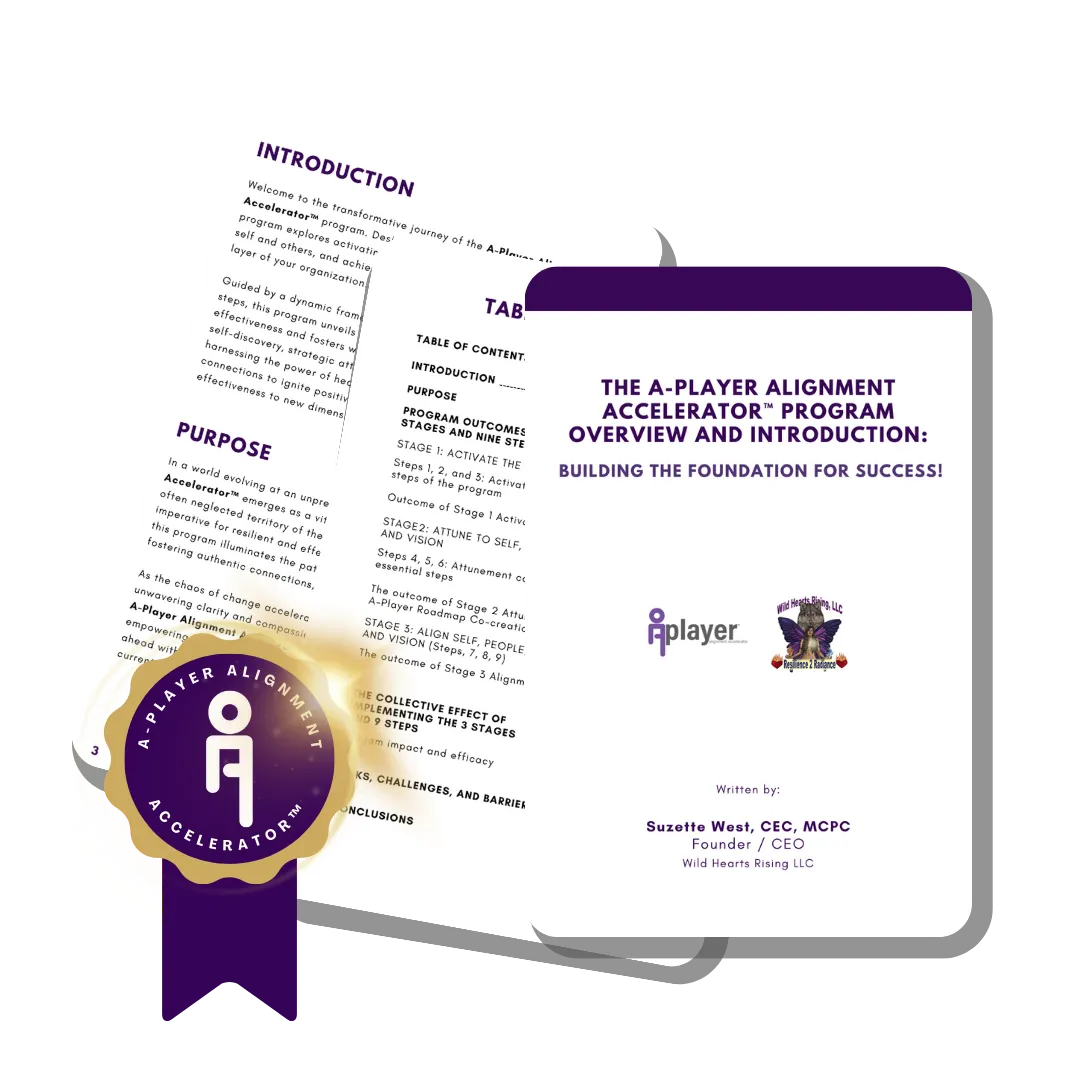
Welcome to Wild Hearts Rising:
Transforming Teams, Igniting Leadership
Wild Hearts Rising, LLC empowers overwhelmed leaders in high-stress industries, to master work-life balance, reduce stress, and cultivate
high-performing, aligned teams through executive coaching and consulting services rooted in the proven
A-Player Alignment Accelerator™ methodology.
Welcome to Wild Hearts Rising:
Transforming Teams, Igniting Leadership
Wild Hearts Rising, LLC empowers overwhelmed leaders in high-stress industries, to master work-life balance, reduce stress, and cultivate high-performing, aligned teams through executive coaching and consulting services rooted in the proven A-Player Alignment Accelerator Program™ methodology.



The Challenge of Modern Leadership
BURNOUT and MISALIGNMENT can silently erode even the most talented teams. Without clear alignment, energy is drained, collaboration falters, and achieving impactful results becomes a struggle.
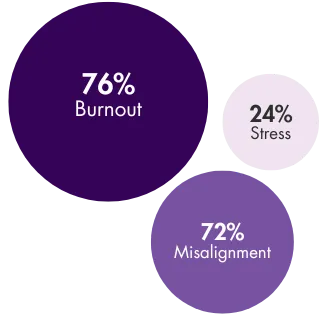
THAT'S WHERE WE COME IN!




The Challenge of Modern Leadership
Burnout and misalignment can silently erode even the most talented teams. Without clear alignment, energy is drained, collaboration falters, and achieving impactful results becomes a struggle.

That’s where we come in.
Our Approach:
The A-Player Alignment Accelerator™
Through our proprietary
A-Player Alignment Accelerator™,
we help leaders and teams break free from burnout and confusion by fostering:
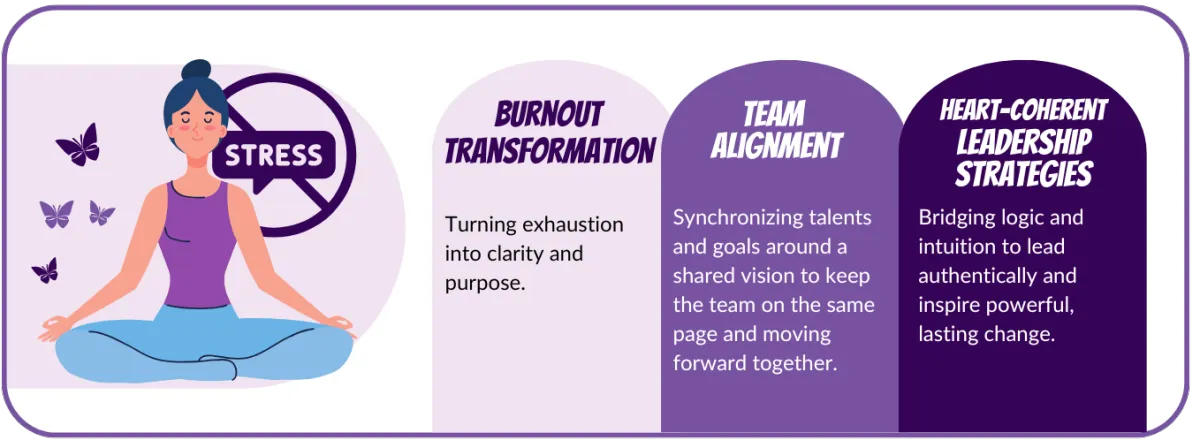

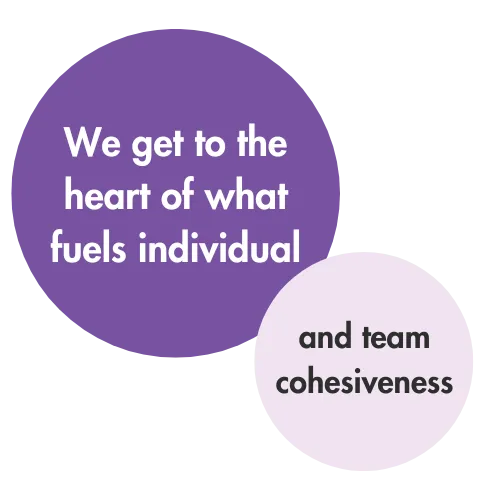
Our Approach: The A-Player Alignment Accelerator™
Through our proprietary A-Player Alignment Accelerator™,
we help leaders and teams break free from burnout and confusion by fostering:

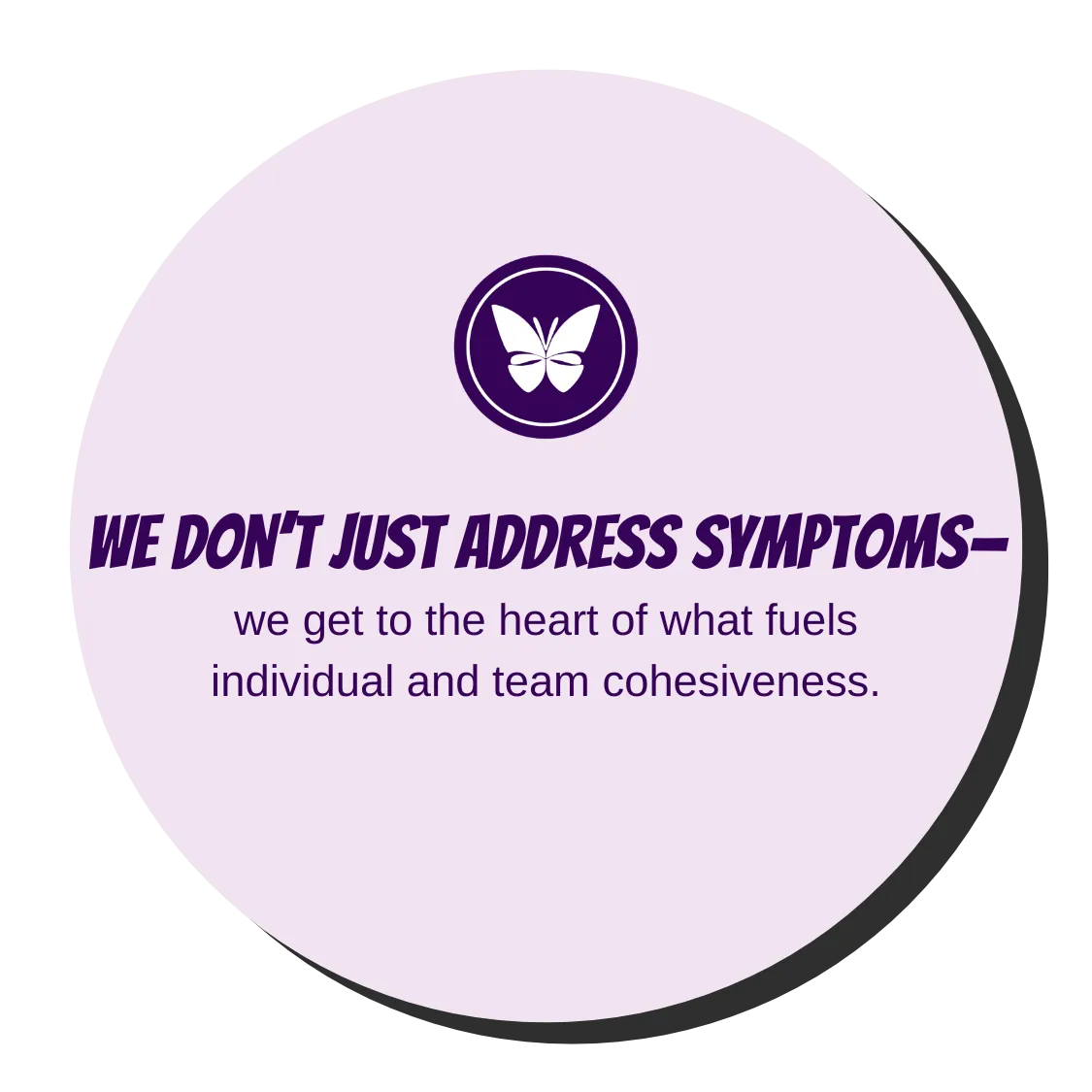
LEAD WITH COHERENCE
ELEVATE WITH PURPOSE
Every leader deserves a team that thrives together, every team deserves a leader who truly understands alignment, and every business deserves to grow without sacrificing well-being.
It’s time to transform.
It’s time to rise!

LEAD WITH COHERENCE
ELEVATE WITH PURPOSE
Every leader deserves a team that thrives together, every team deserves a leader who truly understands alignment, and every business deserves to grow without sacrificing well-being.
It’s time to transform. It’s time to rise.


2023 by Wild Hearts Rising LLC. All Rights Reserved | Privacy Policy | Terms & Conditions


